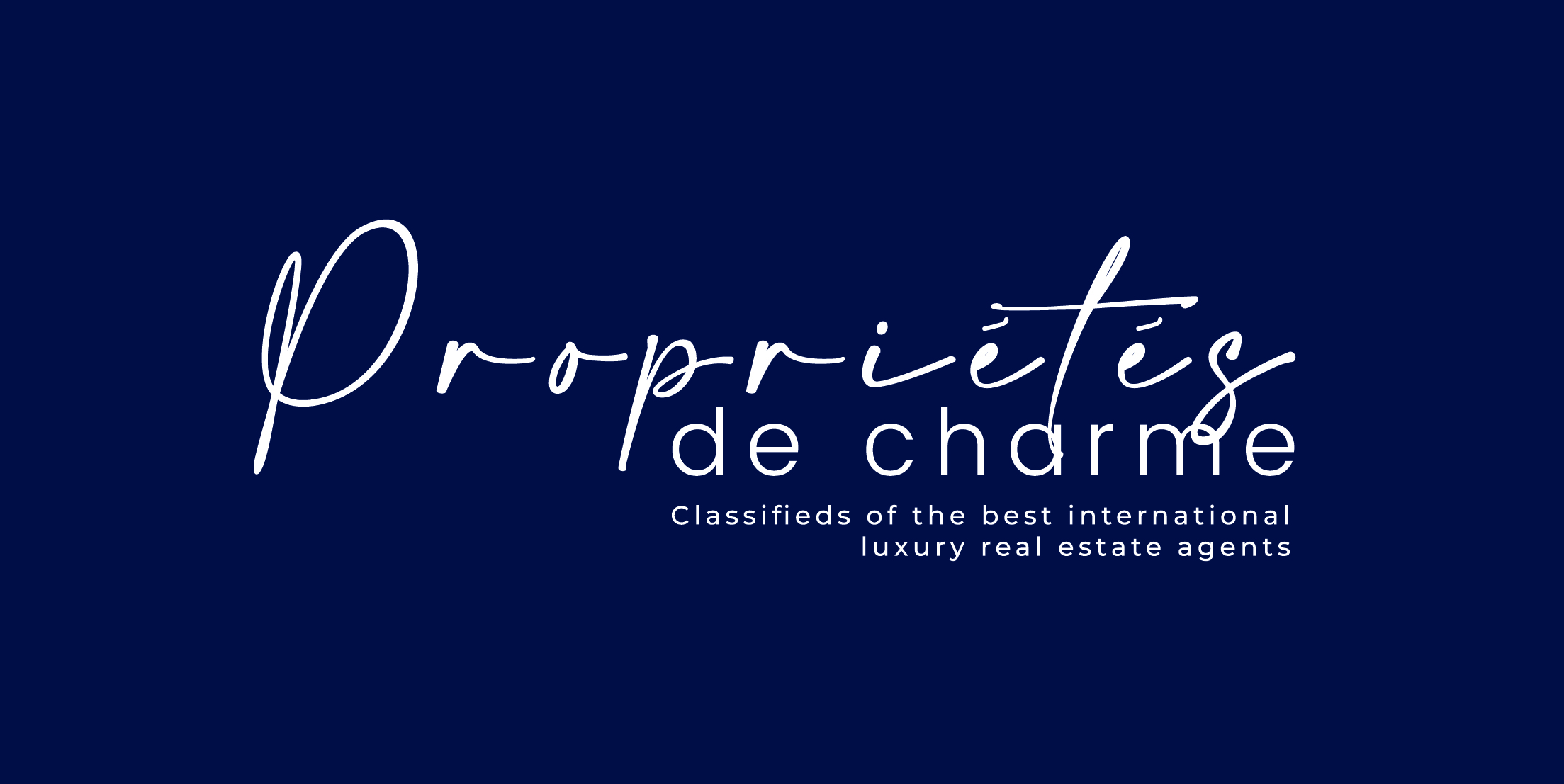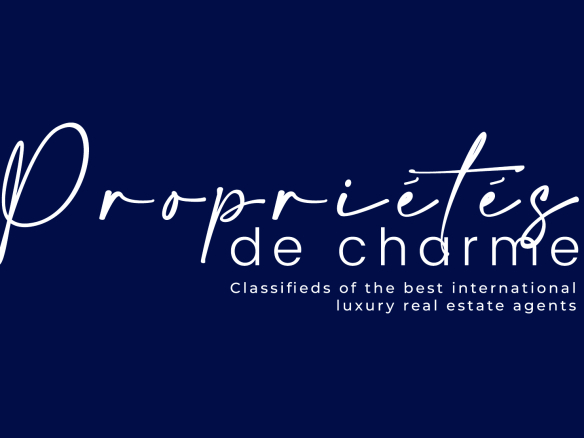Key Points for Valuing a Castle in France: A Complete Guide
Valuing a castle in France requires a specific approach. This article highlights the key points to consider to obtain an accurate appraisal and maximize the value of your property.
Estimating the value of a château in France is a complex process, especially in the luxury real estate market. Whether you're considering selling a majestic château in the Loire Valley or a historic property in Provence, understanding the key factors is crucial for obtaining a fair and accurate valuation. This article aims to provide a comprehensive guide for owners wishing to estimate the value of their château and for potential buyers seeking to understand the valuation criteria.
1. The Importance of Location
The first factor to consider when appraising a castle is undoubtedly its location. Property prices vary considerably from one region to another in France. For example, a castle located near Paris or in wine regions like Bordeaux or Burgundy will have a different value compared to a castle in a less frequented area.
Castles in popular tourist areas, such as the Loire Valley, home to famous landmarks, tend to command higher prices. Conversely, properties in less developed regions may require price adjustments. A proper appraisal must therefore consider the geographical, cultural, and economic characteristics of the area.
2. The History and Architecture of the Castle
Castles in France are often witnesses to rich and fascinating histories. Their architecture, whether medieval, Renaissance, or modern, plays a decisive role in their value. Architectural elements such as towers, moats, formal gardens, and other unique features can add value to the property.
It is important to document the castle's history, including its year of construction, any renovations carried out, and its listed or registered status. A castle with historical heritage recognized by the Historic Monuments Commission can justify a higher price. Conversely, a property requiring restoration work may decrease its value.
3. The General State of the Property
The condition and state of repair of a castle is another key factor to consider during the appraisal. Potential buyers will expect to see a property in good condition, which may require significant investment. Therefore, a thorough inspection of the property is essential, including the roof, plumbing, electrical system, and heating installations.
If renovation or modernization work is needed, this must be factored into the valuation. Recent renovations can increase the value, while significant work required may prompt buyers to negotiate a lower price.
4. Associated Amenities and Services
The amenities offered with the castle can also influence its valuation. Features such as a swimming pool, a wine cellar, tennis courts, or outbuildings can increase its value. Furthermore, proximity to services such as schools, shops, and transport infrastructure can also play a significant role.
For example, a castle located near a vibrant city like Nice or Lyon, with access to modern amenities, will generally be more attractive than an isolated castle in a rural area. It is crucial to highlight these advantages during the appraisal.
5. Market Competition
Understanding the local real estate market is fundamental for an accurate valuation. It is advisable to analyze recent sales of similar properties in the area. Recent transaction prices and the time properties spend on the market can provide valuable insights into the castle's current value.
Owners can consult specialized platforms like Propriétés de Charme to compare similar properties. Furthermore, using real estate agents specializing in luxury properties can provide insights into the competition and market trends.
6. Collaboration with Valuation Experts
Finally, it is highly recommended to work with real estate appraisal experts who have in-depth knowledge of the luxury market. These professionals can carry out an objective and detailed evaluation, taking into account the specific criteria related to your castle.
As a luxury real estate listings portal, Propriétés de Charme encourages you to contact experts for an accurate valuation of your property. Our network of specialist real estate agents can also help you showcase your castle to potential buyers.
Conclusion
Valuing a castle in France is a delicate process that requires careful attention to several factors. By considering the location, architectural history, overall condition, amenities, and market competition, owners can obtain a fair and relevant valuation.
Whether you're a homeowner looking to sell or a buyer searching for a unique property, understanding these key points will help you navigate the luxury real estate market successfully. Don't hesitate to contact Propriétés de Charme for advice and valuation services, and to discover the opportunities available on the market.
Follow “ ProprietesDeCharme.com ” on YouTube , as well as on Facebook, Twitter , LinkedIn , Instagram , and Pinterest.


